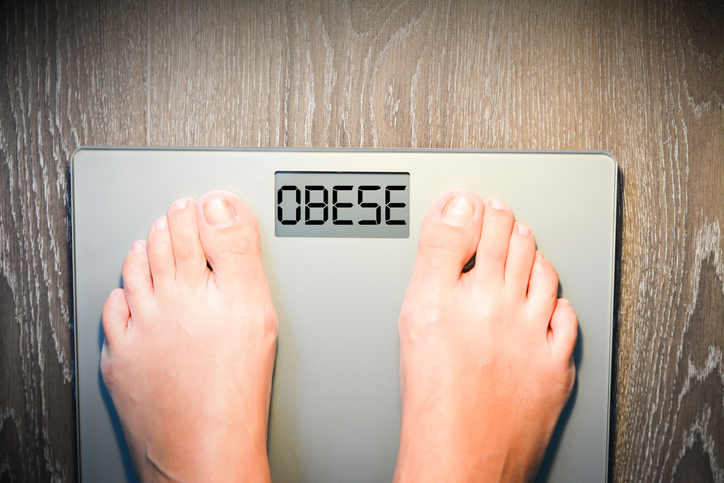The high rates of diabetes and obesity commonly found among middle aged adults today is linked with heart failure in later life. A recent study found that adults who avoided diabetes, obesity and high blood pressure by age 55 were 83 per cent less like to develop heart failure over the rest of their lives, according to a study from Northwestern University School of Medicine. But right now, more than a third of United States adults are obese, the Centers for Disease Control and Prevention reports, which can lead to life-threatening conditions including heart disease, stroke, type 2 diabetes and certain types of cancer.
Added sugars in processed foods, sodas and breads are associated with an increase in calorie consumption and the resulting rise in obesity over the past several decades. Many countries have introduced legislation to levy taxes on high sugar drinks like soda in an effort to combat this troubling trend.
According to a UK government study, published in the Lancet Public Health Journal, taxing sweet drinks such as cola, which contains nine teaspoons of sugar and more than the entire recommended daily allowance, has the potential to reduce the rates of obesity and diabetes significantly. The American Heart Association and the World Health Organization have both lowered their recommended daily allowance of sugar for adult women to 5 teaspoons or 20 grams per day and 9 teaspoons for men (36 grams).
In addition to being added to sweeten soda, sugar hides in many foods we think are healthy, adding calories without nutritional value.
Hidden Sugars
- Plain Bagel – 5.05 grams of sugar
- Fruit Punch – 11.29 grams of sugar
- Flavored Yogurt – 19 grams of sugar
- Italian Salad Dressing – 8.85 grams of sugar
- Corn Flakes – 6.11 grams of sugar
- Peanut Butter – 9.22 grams of sugar
- Granola Bar – 21.8 grams of sugar
- Spaghetti Sauce – 11.57 grams of sugar
Source: U.S. Department of Agriculture’s Nutrient Database
To help lower your daily sugar consumption, carefully check the sugar content of foods and keep a jug of water in the fridge rather than stocking it with sugary drinks. To learn more about the health impacts of sugary drinks and worldwide efforts to reduce sugar intake, visit the WHO website by following this link.






Add Your Voice
0 Comments
Join the Discussion